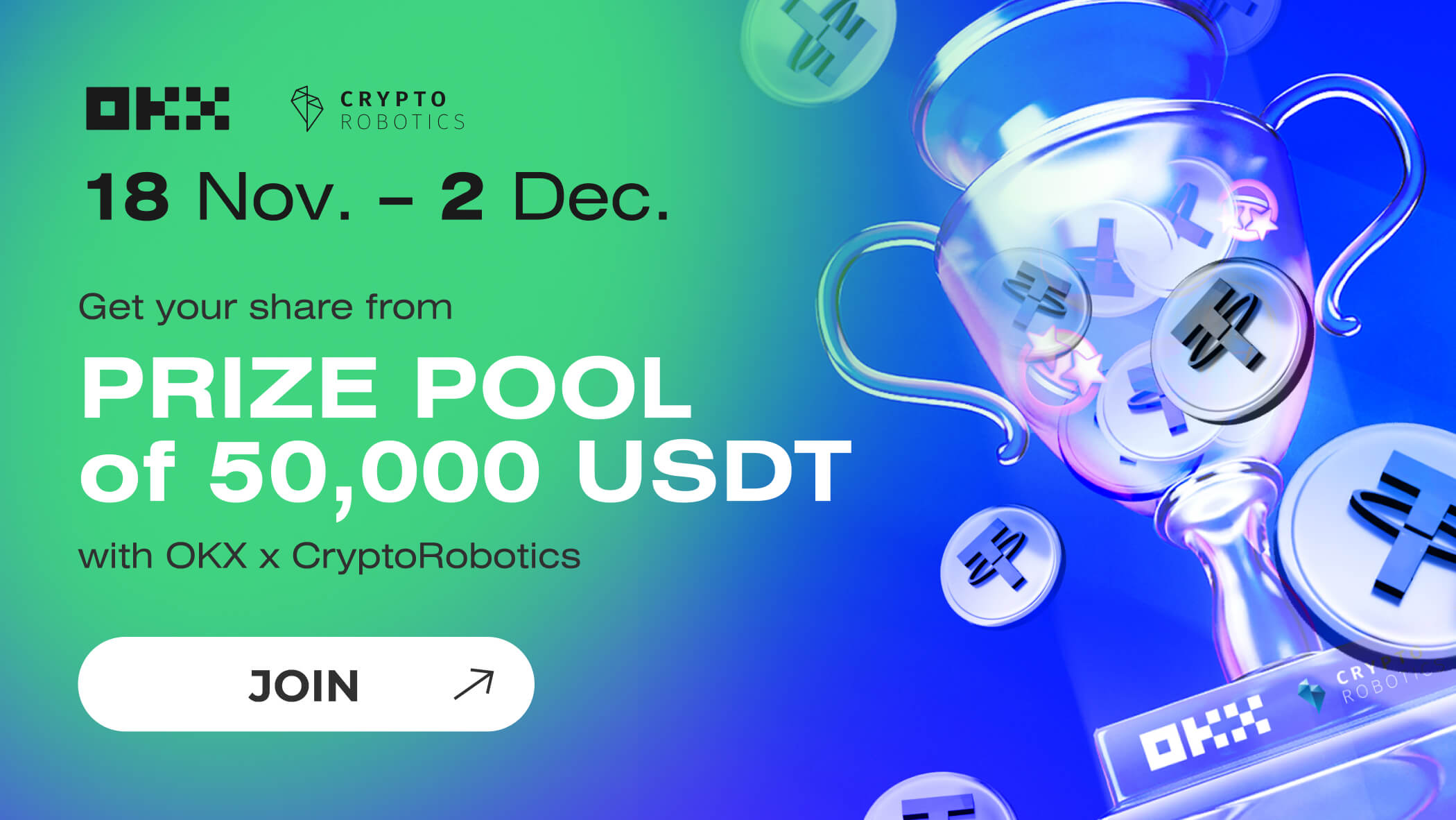Published: November 08, 2024 at 11:17 am
Updated on November 08, 2024 at 11:17 am




I’ve been diving deep into the world of finance and came across something that might just be a game changer. Or maybe not. Who knows? Anyway, it’s called asset tokenization, and it’s supposedly about to shake things up. Basically, it’s about turning real-world assets into digital tokens on a blockchain. Think of it as giving your house, car, or even that rare Pokémon card you have an NFT version. This allows for fractional ownership and easier transfer of these assets.
So why should we care? Well, proponents say it could make illiquid assets like fine art or real estate more liquid (which sounds sexy in finance terms). It could also cut down on transaction costs and make markets more accessible. Imagine being able to buy a fraction of a Van Gogh!
But here’s where my skepticism kicks in: isn’t this what traditional financial systems already do? They take illiquid assets and turn them into liquid forms through loans and derivatives.
Now here’s where things get interesting (or maybe just complicated). Germany’s Deutsche Bundesbank has jumped into something called Project Guardian, led by the Monetary Authority of Singapore (MAS). The aim? To explore asset tokenization further. They’re even testing out some blockchain platform for “tokenized and digital funds.” Sounds fancy, right?
The MAS is super confident that with the Bundesbank onboard, they’ll all be swimming in liquidity soon enough. But I can’t help but wonder if this is just another buzzword-filled initiative that’ll fizzle out.
Let’s talk about blockchain trading platforms for a sec. These are touted as the next big thing because they can supposedly process transactions faster than traditional banks while costing less. Ripple is often cited as an example since they’re working with banks to make cross-border payments smoother.
But here’s my question: if these platforms are so great, why aren’t all banks using them already? There has to be some catch or at least some regulatory hurdle holding them back.
Speaking of hurdles, let’s not forget about regulations. Integrating blockchain into existing banking systems means running headfirst into regulatory walls. Europe seems to be taking a proactive stance with its Financial Conduct Authority (FCA), while the USA appears more cautious with its SEC.
And let’s not even start on Central Bank Digital Currencies (CBDCs) which face their own set of challenges trying to cross borders smoothly.
So where does this leave us? Asset tokenization could potentially revolutionize financial markets by making them more efficient and inclusive… or it could just end up being another overhyped tech fad that never really takes off.
One thing’s for sure though; if major institutions like JPMorgan are looking into it for short-term financing purposes, there must be something there… right? Or maybe they’re just as lost as we are trying to figure out what’s next.
CryptoRobotics is committed to delivering transparent and reliable reporting in alignment with the principles upheld by the Trust Project. Every element within this news piece is meticulously crafted to uphold accuracy and timeliness. However, readers are encouraged to conduct independent fact-checking and seek advice from qualified experts before making any decisions based on the information provided herein. It's important to note that the data, text, and other content presented on this page serve as general market information and should not be construed as personalized investment advice.
Access the full functionality of CryptoRobotics by downloading the trading app. This app allows you to manage and adjust your best directly from your smartphone or tablet.

News
See more